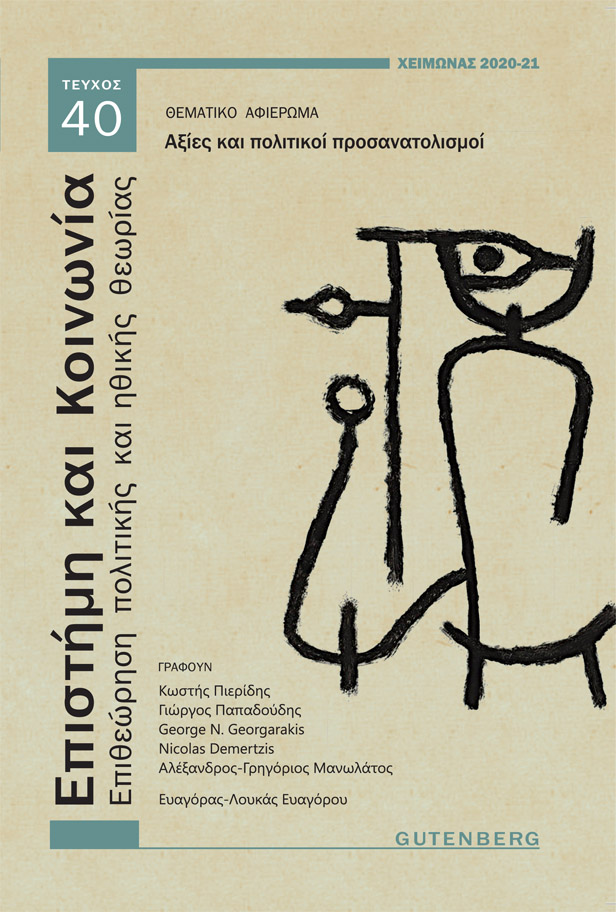Anatomy of the Rally Round the Flag Effect

Abstract
When national security is breached, citizens systematically increase their trust in the political system and the head of state, in particular. This effect is dubbed “rally ‘round the flag.” For almost 50 years, research has been investigating the paradox of why public opinion rewards its leadership, despite the failure of the latter to protect the citizens. This review aggregates and critically revisits recent literature on the rally ‘round the flag effect. To provide a systematic account of the literature, a classification is proposed, which accounts for the top-down and bottom-up interpretations that are offered from a rational choice perspective, and political psychology. This study highlights the significance of applying an integrative approach to advance a comprehensive understanding of the rally ‘round the flag effect.
Article Details
- How to Cite
-
Georgarakis, G. (2021). Anatomy of the Rally Round the Flag Effect. Science and Society: Journal of Political and Moral Theory, 40, 84–113. https://doi.org/10.12681/sas.20232
- Section
- Articles
- Authors retain copyright and grant the journal right of first publication with the work simultaneously licensed under a Creative Commons Attribution-NonCommercial-ShareAlike License that allows others to share the work, not for commercial purposes, with an acknowledgement of the work's authorship and initial publication in this journal. If you remix, transform, or build upon the material, you must distribute your contributions under the same license as the original.
- Authors are able to enter into separate, additional contractual arrangements for the non-exclusive distribution of the journal's published version of the work (e.g., post it to an institutional repository or publish it in a book), with an acknowledgement of its initial publication in this journal.
- Authors are permitted and encouraged to post their work online (e.g., in institutional repositories or on their website) prior to and during the submission process, as it can lead to productive exchanges, as well as earlier and greater citation of published work (See The Effect of Open Access).


